Make a gesture for nature
Ideas for actions to protect biodiversity
This year, Earth Day Canada’s theme is biodiversity, the essential living fabric that sustains our planet. Every species, from butterflies to bats, plays a crucial role in maintaining the natural balance. Whether we live in the countryside or in the city, we can all take simple and concrete actions to help preserve it!
FOR BIRDS
Birds play a key role in ecosystems. They help disperse seeds, regulate insect populations, and serve as indicators of environmental health. By protecting them, we preserve natural balance and species diversity.
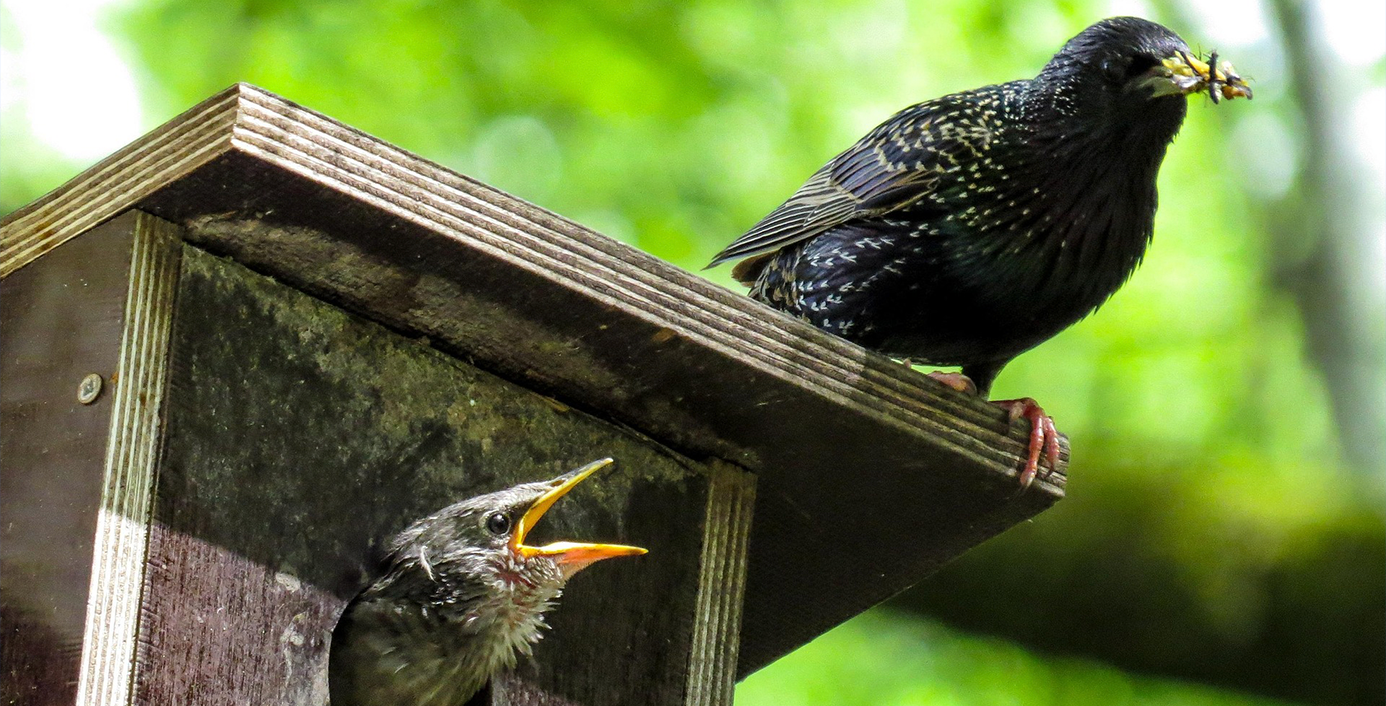
Action Idea #1: Install a birdhouse
Provide birds with a safe shelter by installing a birdhouse suited to the species in your area. This gives them a secure refuge for nesting and raising their young.
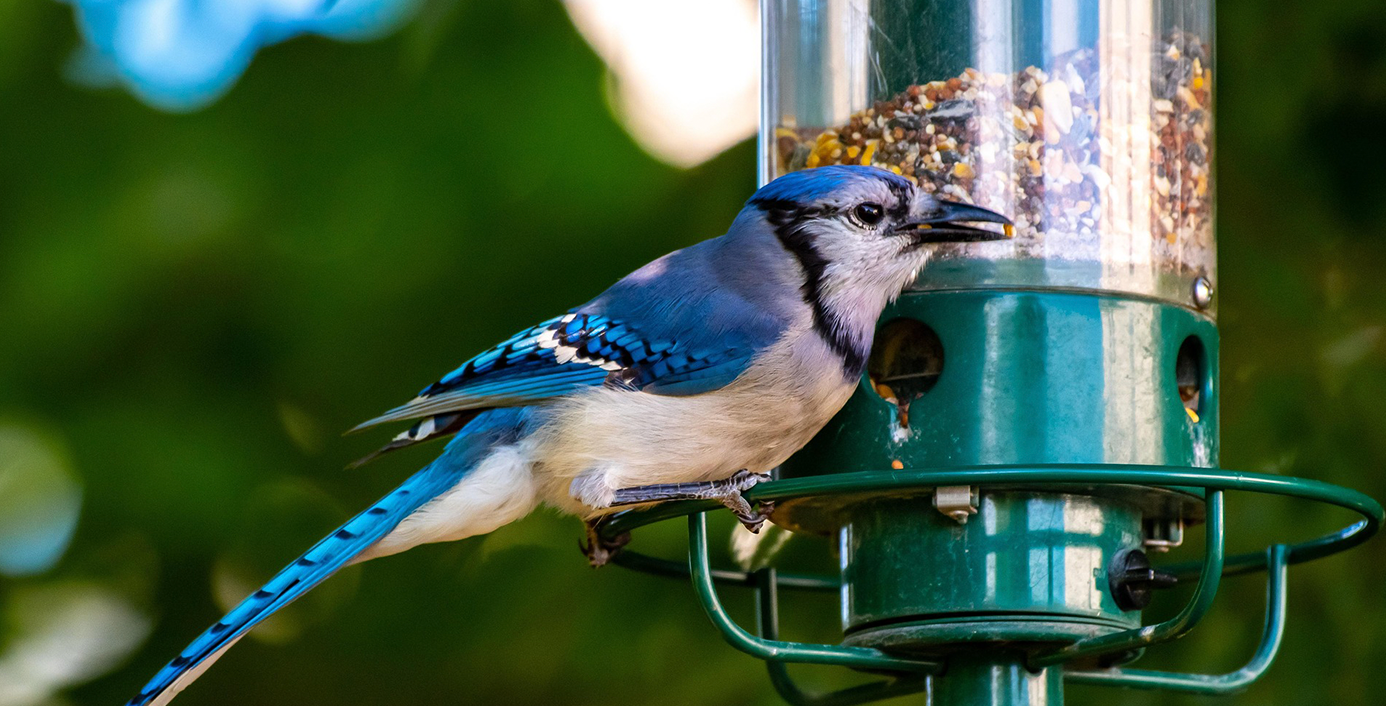
Action Idea #2: Set up a bird feeder
Create a bird feeder and regularly fill it with seeds and nuts enjoyed by local birds. In winter, this can be a vital resource for their survival.
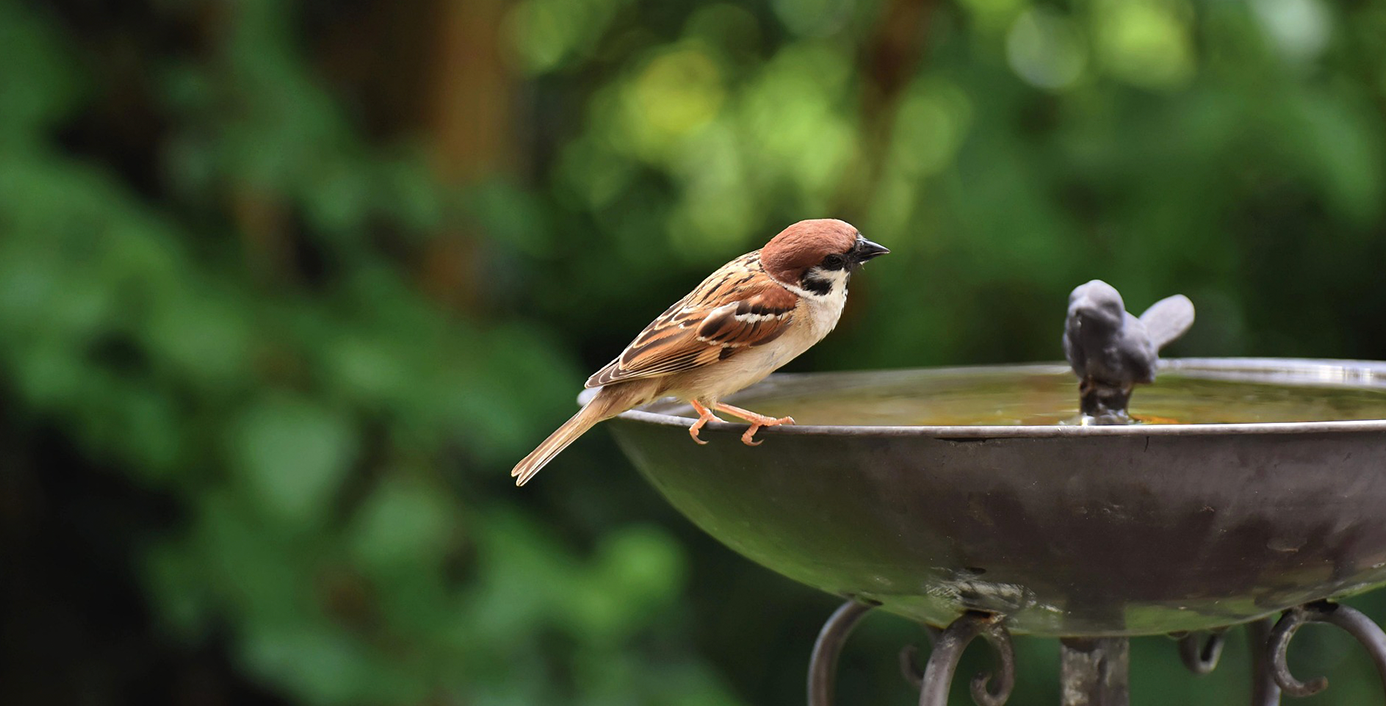
Action Idea #3: Provide a birdbath
A clean and accessible water source allows birds to drink and cool off, especially in summer. Place it in a quiet location and clean it regularly.
FOR POLLINATORS
Pollinators are essential for the reproduction of many plants. By pollinating flowers, they enable the production of fruits and seeds, supporting biodiversity and food security.

Action Idea #1: Plant nectar-rich flowers in your garden or on your balcony
Encourage pollinators by growing nectar-rich flowers. Choose varieties suited to your region for maximum impact (In Canada: Yarrow, Milkweed, Aster, Columbine, Nasturtium, Coreopsis, Cosmos, Purple Coneflower, Spotted Joe-Pye Weed, Lantana, Black-eyed Susan, Sage, Marigold, Zinnia).
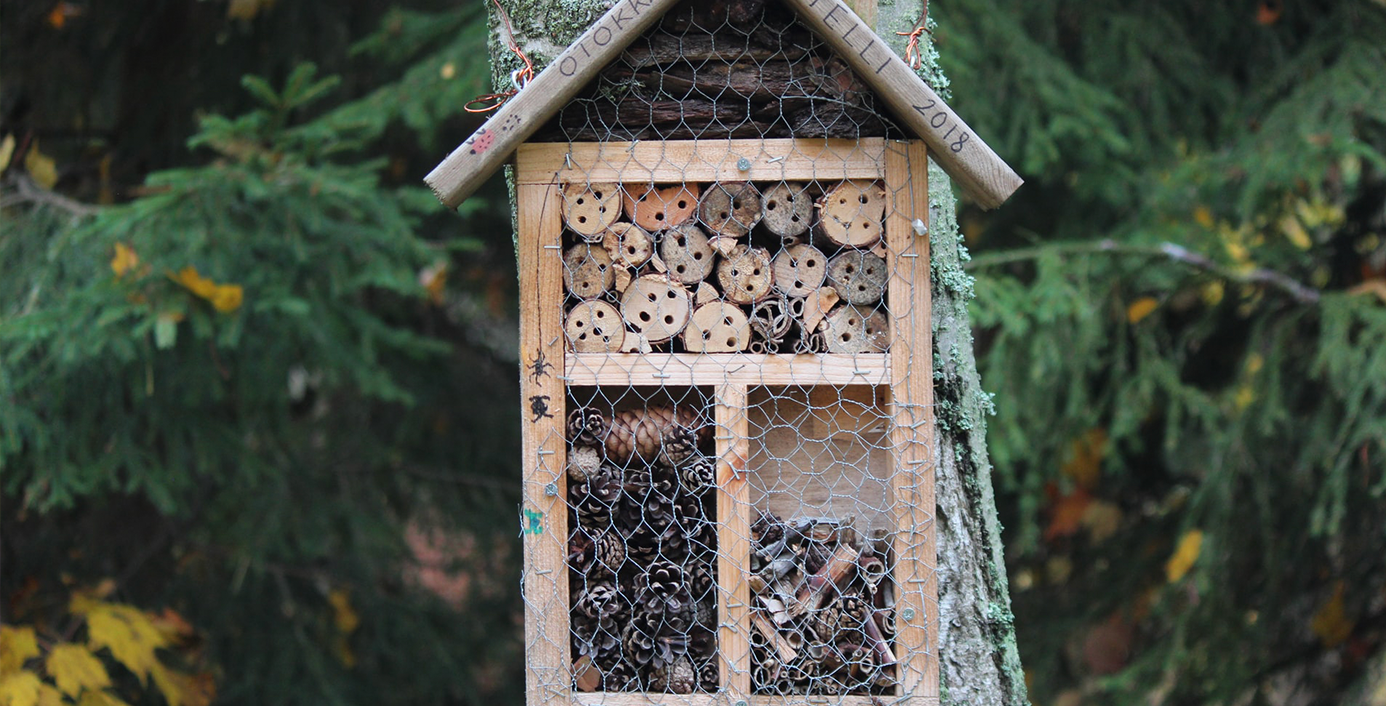
Action Idea #2: Install an insect hotel
Provide a refuge for insects by building them a hotel. Place it in a sunny spot sheltered from the wind. This can be in your personal garden or in other accessible locations, such as: a community garden, shared backyard, green alley, rooftop, near urban parks, or public gardens…
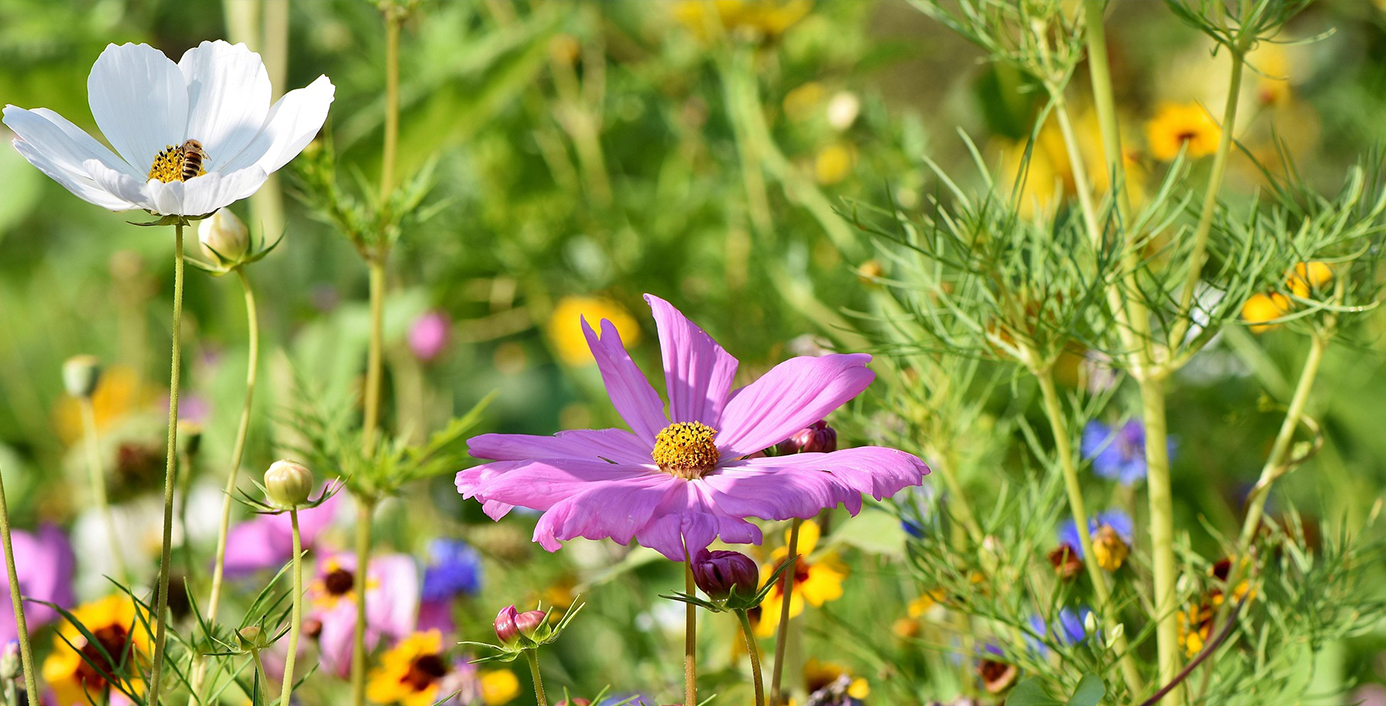
Action Idea #3: Let your lawn grow longer
In spring and summer, wait a little before mowing your lawn. This allows wildflowers to bloom, providing an essential resource for pollinators while reducing water runoff.
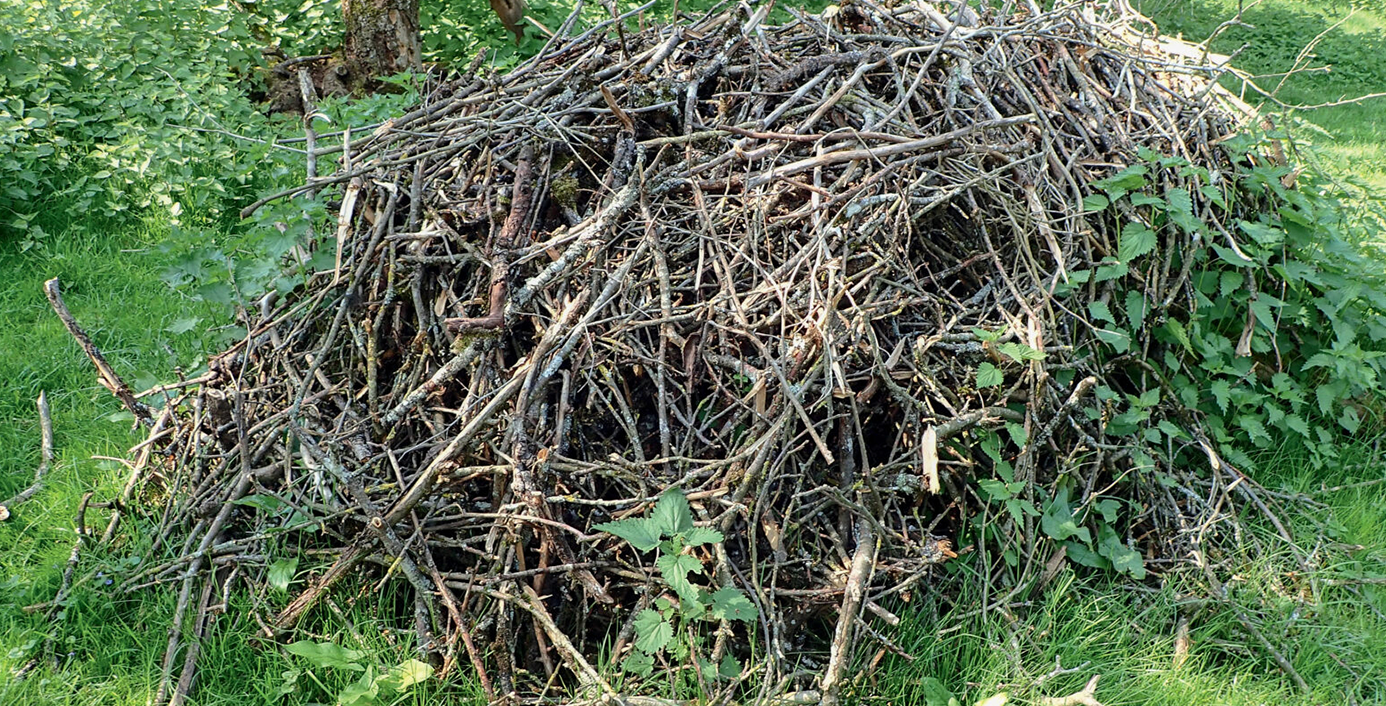
Action Idea #4: Create natural shelters for bees
Leave dead branches and bare soil in your garden to offer hibernation spots for bees. These small actions provide a supportive environment for their survival.
FOR AMPHIBIANS AND REPTILES
Amphibians and reptiles are indicators of the health of aquatic and terrestrial ecosystems. They help regulate insect and small animal populations, while serving as prey for other species.
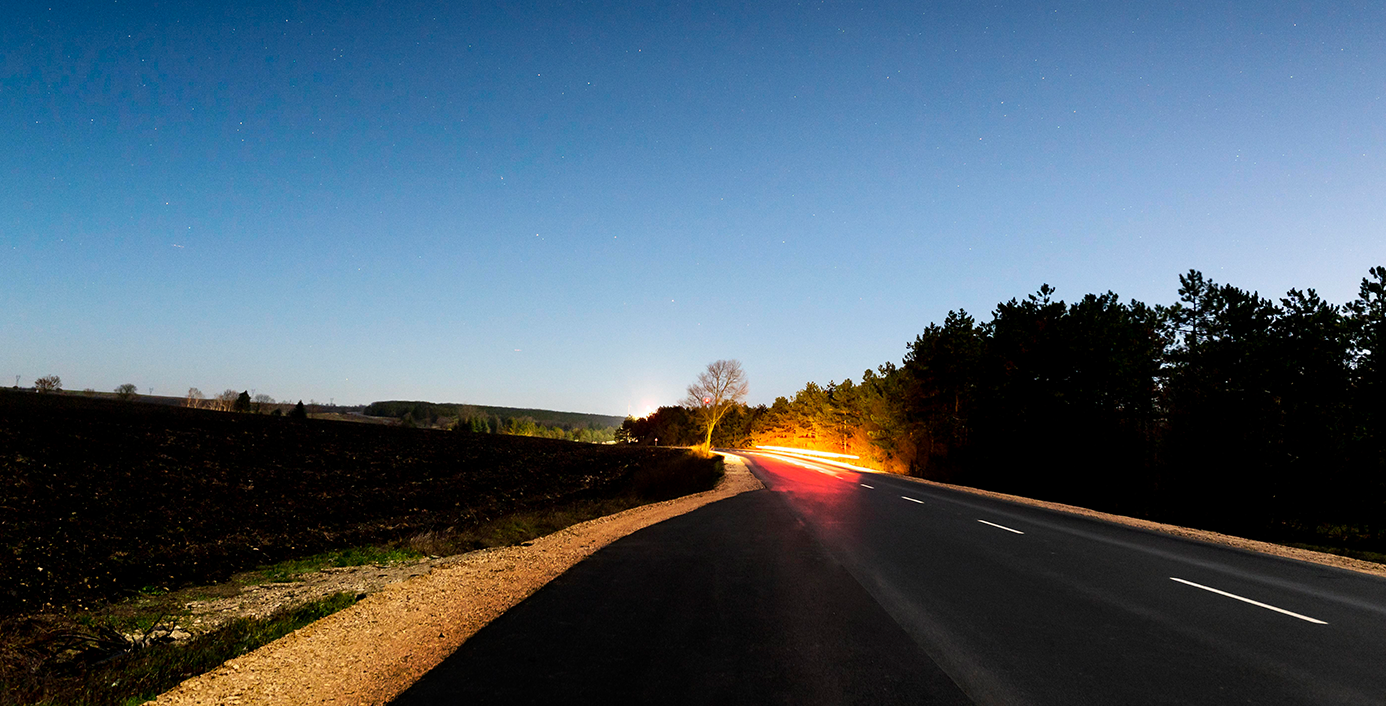
Action Idea #1: Be mindful when driving
Slow down when driving near wetlands, where turtles and other animals may cross. Be especially vigilant between dusk and dawn, which is peak activity time for many species.
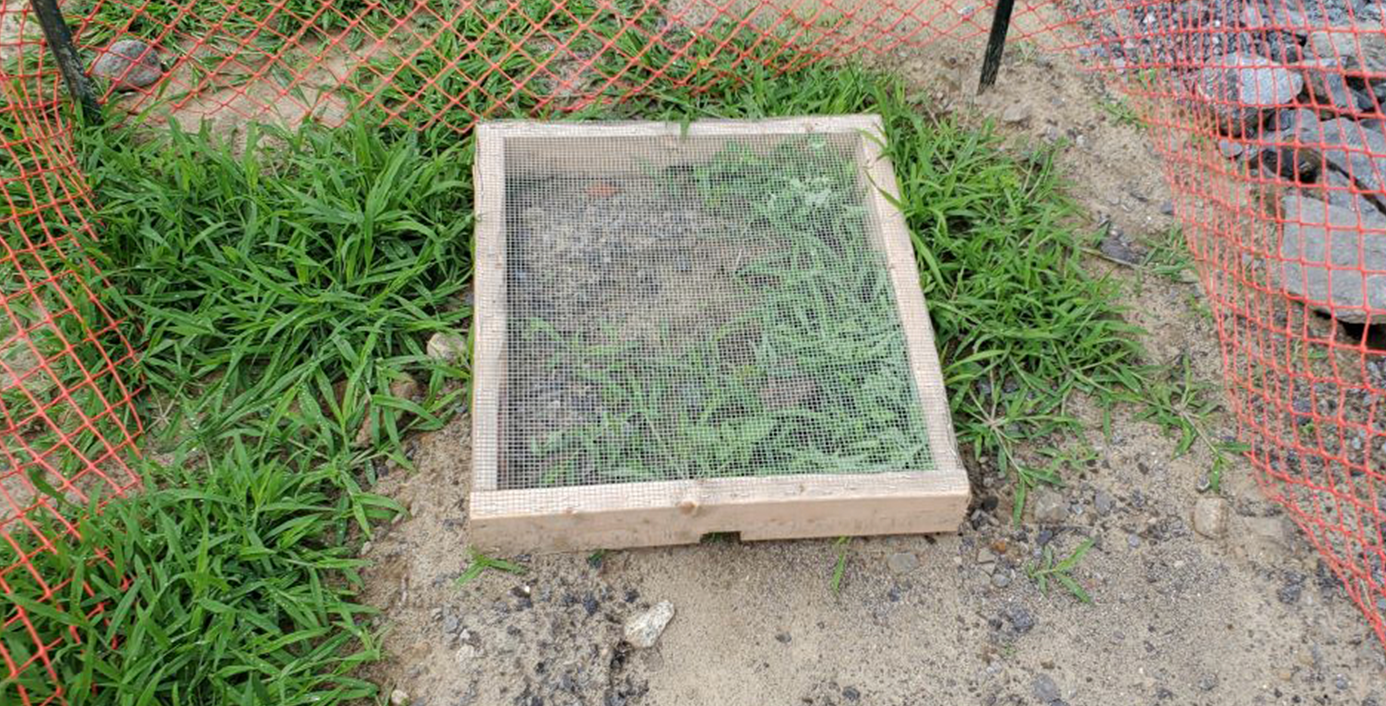
Action Idea #2: Install a turtle nest protector
If you find a turtle nest near your home, protect it from predators by placing a wireframe around it, leaving enough space for hatching. Contact local authorities if needed to ensure their protection.
FOR THE BATS
Bats play a crucial role in the ecological balance by regulating insects, particularly mosquitoes and agricultural pests. Some species also contribute to pollination and seed dispersal.
FOR SMALL WILDLIFE AND FLORA
Small wildlife and flora include species often barely visible but essential to ecosystems, such as insects, earthworms, mushrooms, mosses, and grasses. These organisms play a fundamental role in soil regeneration, decomposing organic matter, and maintaining ecological balance.
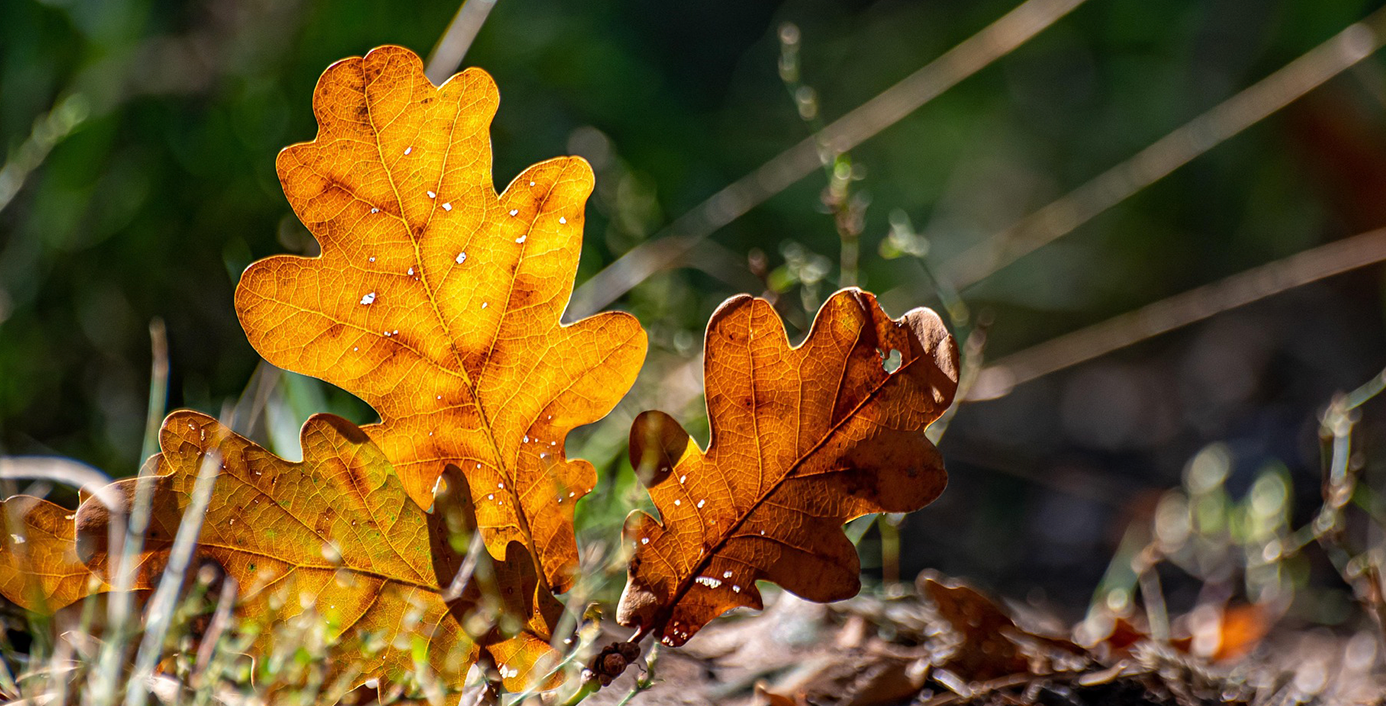
Action Idea #1: Leave dead leaves on the ground
Dead leaves shelter numerous insects and small animals in winter. They also enrich the soil and promote biodiversity.
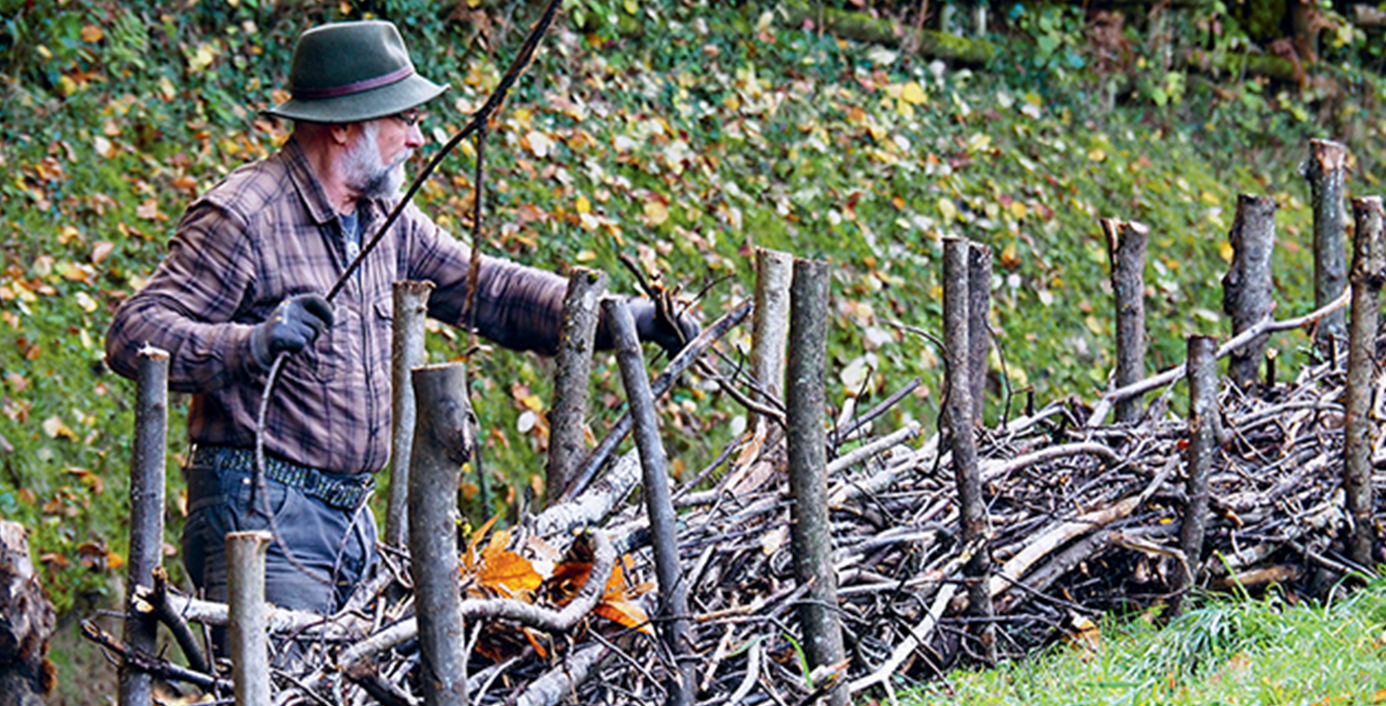
Action Idea #2: Build a dry or wild hedge
A hedge made of dead branches or plants provides a valuable habitat for many insects, birds, and small mammals.
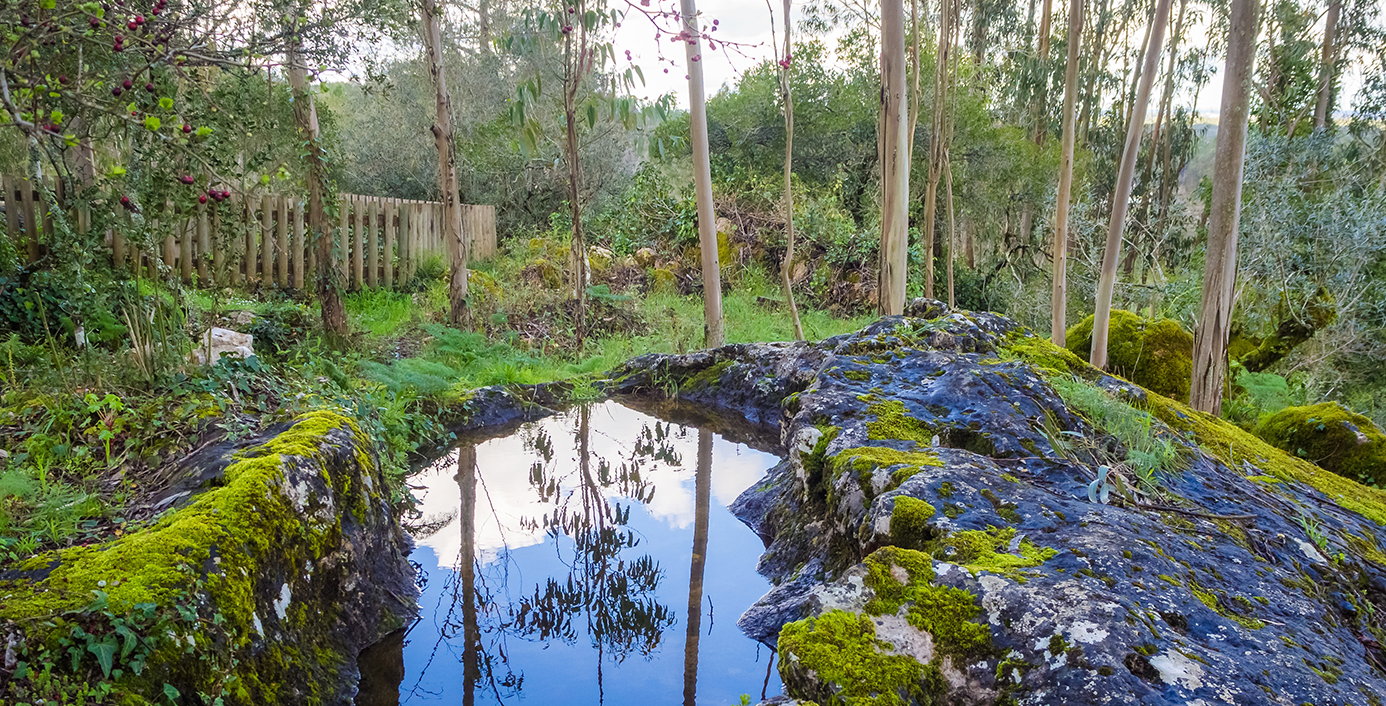
Action Idea #3: Build a pond
Ponds attract frogs, dragonflies, and other small species dependent on wetland environments. They contribute to the natural regulation of harmful insects.
By taking these actions, you actively contribute to the protection of biodiversity and the maintenance of ecosystems. Together, let’s take action for nature!
Contact us
Earth Day Canada
5818, boulevard Saint-Laurent
Montréal (Québec) H2T 1T3 Canada
Phone : (514) 728-0116
Toll free : 1 800 424-8758
Fax : (514) 303-0248
Email: hello@earthday.ca
2026 © Earth Day Canada. All rights reserved.
Privacy policy · Terms of use · Trademark



